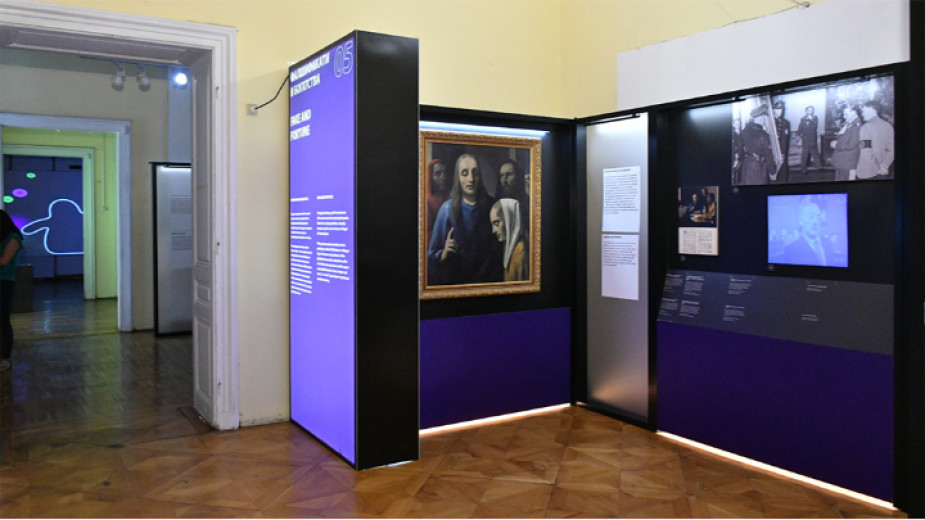 10
10
There are rumours and speculations that some forgeries, so good that they are not inferior to the originals, could be found among the exhibits in the museums, but at the moment a whole series of forgeries can be seen at an exhibition in the National Ethnographic Museum in Sofia. The House of European History in Brussels is the initiator of the exhibition "Fake (f)or Real. A History of Forgery and Falsifications", and after its stay in Sofia /until October 20/ it will be shown to the Hungarian audience.
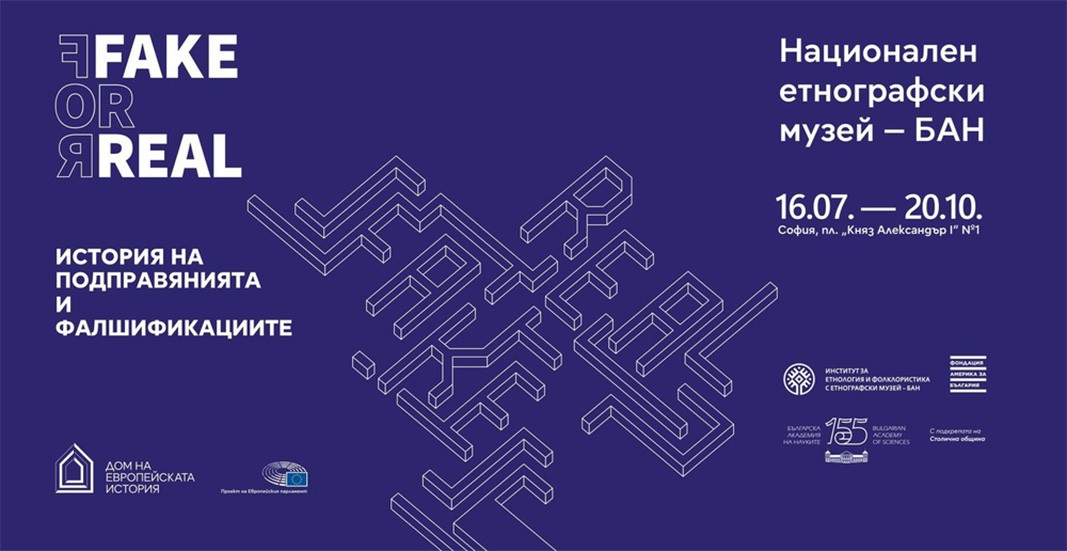
Seeing the exhibits, we find out that examples of fake news and disinformation are not something new. A printed article explaining that an autism vaccine has been found can be seen here. There is also a series of fictional facts related to the personality of princess Diana.

Everything in the exhibition is presented interactively, films show stories and examples of international propaganda. The visitor becomes part of the "Fake or Real" game, taking part in experiments and tests that help them distinguish originals from fakes. There are also examples of fake branded goods that every modern European citizen has come across.
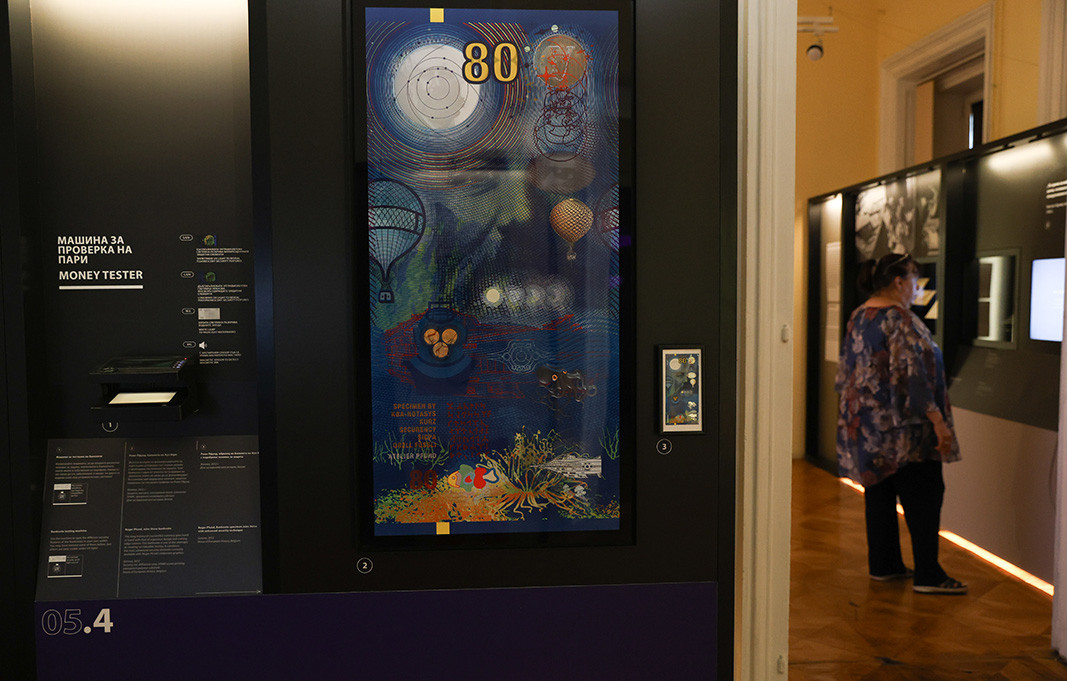
Access to false information or low-quality goods can cause short-term damage to someone, but the falsification of cultural and historical heritage objects causes great damage to the country which they originate from. And this is not a national, regional or European issue, but a global problem.

The forgery of objects of historical and cultural value is not something new in Bulgaria, but with the advancement of technology the number of forgeries increases and traders are becoming even more daring.
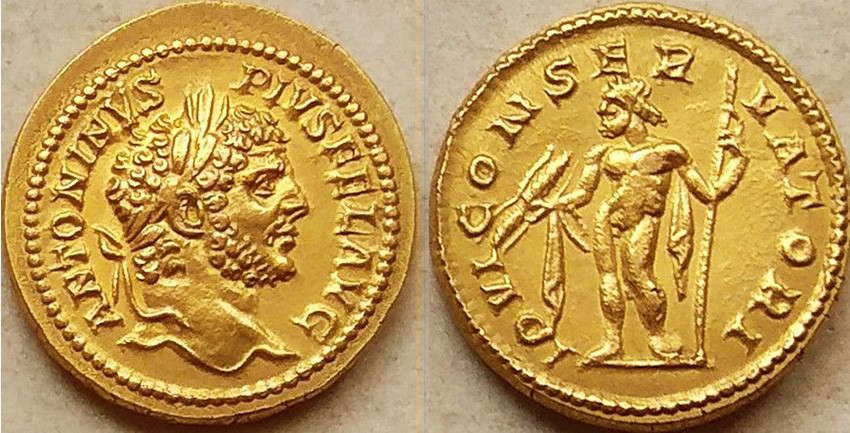
"History cannot be built on forgeries, the influence of counterfeit ancient coins and other objects ‘contaminate’ science", says Prof. Ilya Prokopov, a leading expert in the field of counterfeit ancient and medieval values. He was among the participants in a specialized discussion on the topic at the Ethnographic Museum in Sofia:
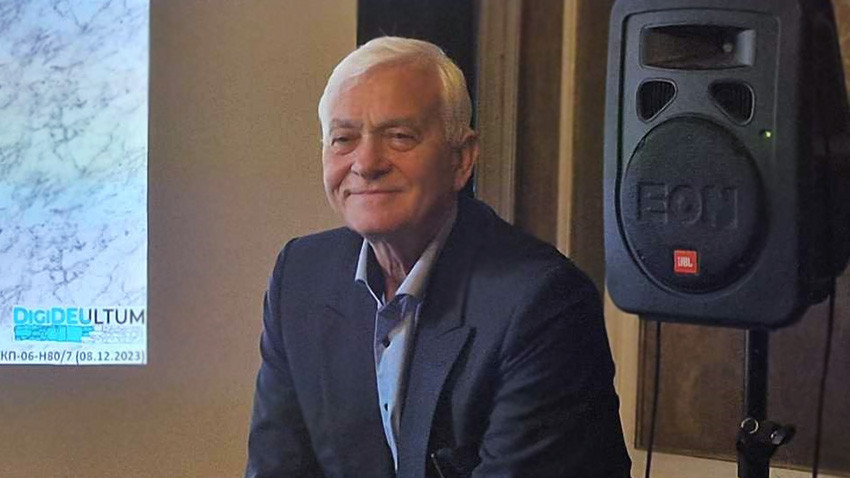
"Of course, we are infamous for producing huge amounts of forgeries and polluting the world wide web, science and everything related to ancient heritage. But what's worse is that we export real valuable artefacts that we can never get back."
People do not know how big the losses are due to the lack of measures to stop the smuggling channels for the export of antiquities found in the country, the scientist says.
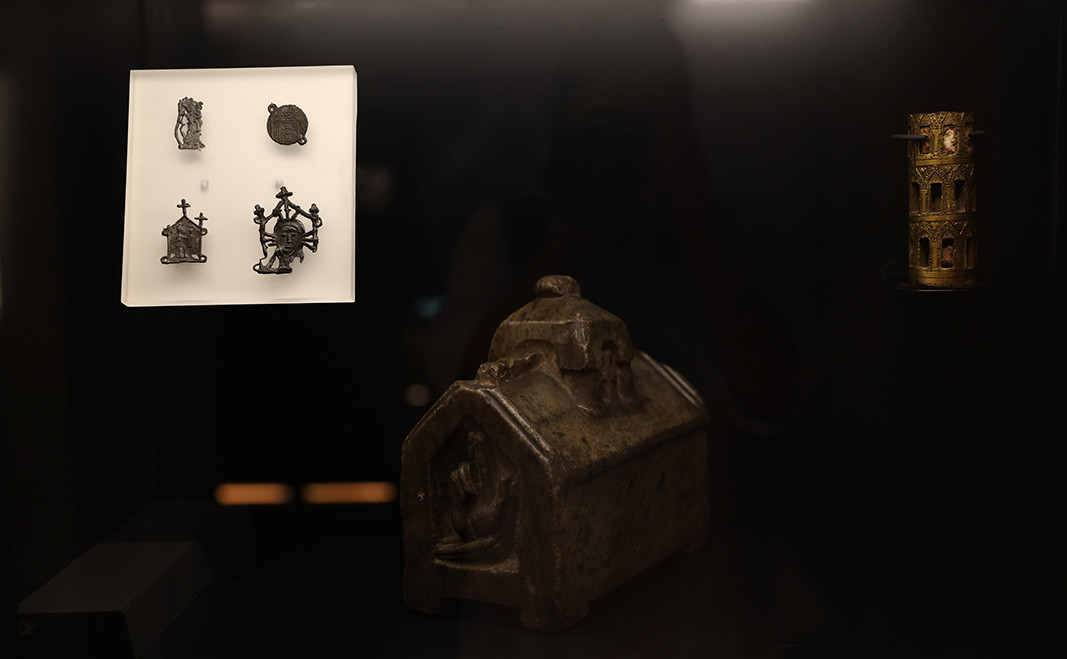
Prof. Ilya Prokopov points out that scientists who work in the field of identification and protection of the material cultural heritage of our lands are few. In addition, no state agency or institution is behind them, as they work entirely on a project and voluntary basis. It is up to us to open the topic for discussion and I call on more people to get involved, because it is not only about monetary losses, about moral and ethical topics, but also about saving the material memory we have," Prof. Prokopov says:
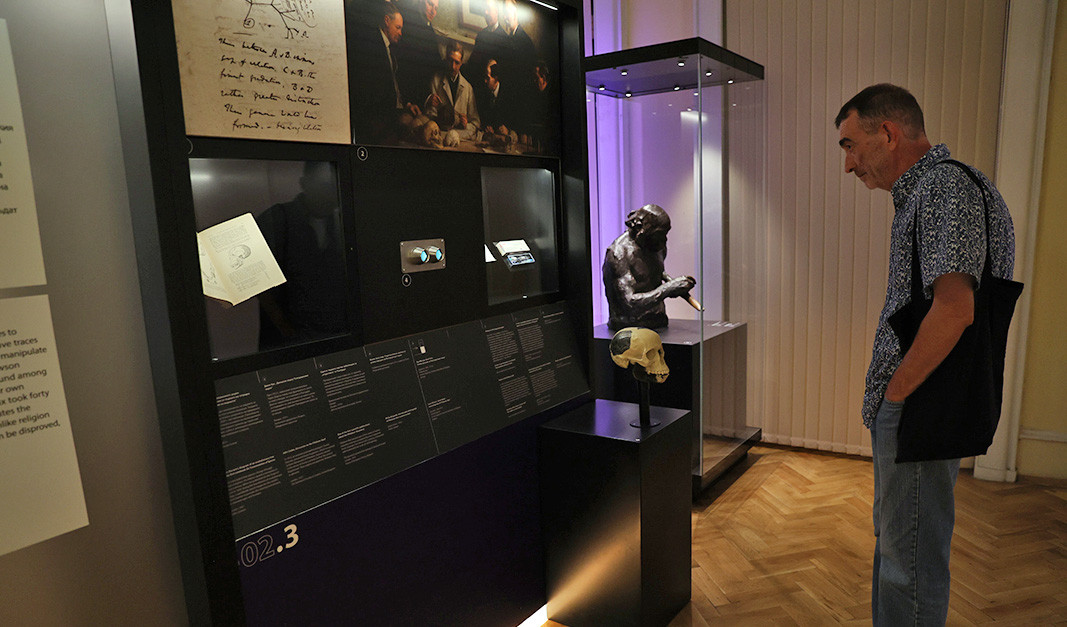
"A forgery can never be as beautiful as the original. The most important thing is that we cannot repeat the technology used, no matter how hard we try - the weather is different, the air is different, everything is different. But in order to have a regulation about what is fake and what is original, a big force must intervene, and that is the state or some very powerful foundation", the scientist pointed out during the specialized discussion in Sofia.
Publication in English: Al. Markov
Photos: BTA, National Ethnographic Museum - nembg.com
On 19 October 2025, the day on which Orthodox Bulgarians commemorate St Ivan Rilski the Miracle-Worker, the newly renovated St Ivan Rilski Church in Chicago will officially reopen its doors. Named after Bulgaria’s heavenly patron , the church will host..
Archaeologist Nikolay Ovcharov on Thursday announced the discovery of a large circular temple at Perperikon, the early-historic rock complex in the Eastern Rhodopes, BTA reported. Dating to the 3rd–4th centuries AD , the structure is believed to..
This summer, archaeologists once again breathed life into the legends woven into the rocks of Kaliakra . Among the ruins of the once majestic fortress above the Black Sea, over 400 artefacts were discovered, shedding new light on..

+359 2 9336 661
